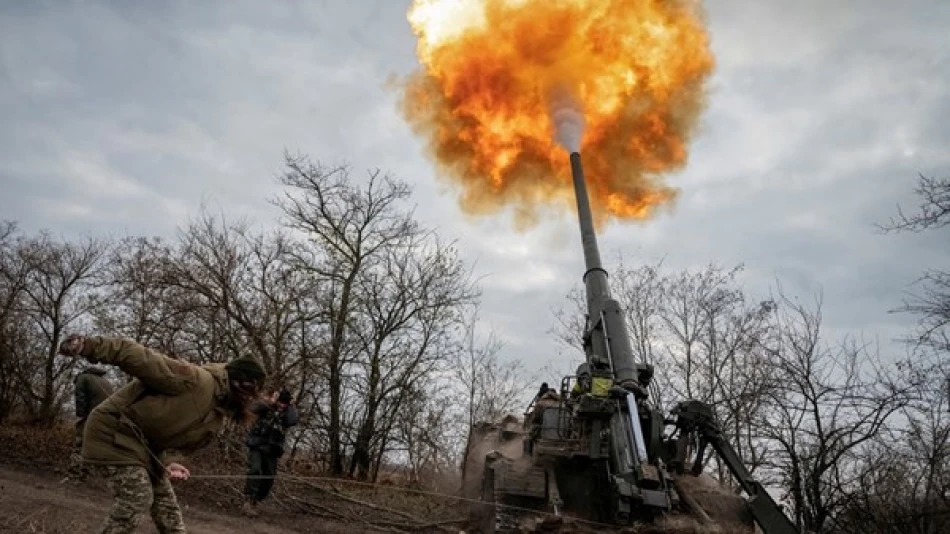
Russia Sets Condition for Putin-Zelenskyy Summit Amid Ukraine Conflict
Putin-Zelensky Summit Faces Reality Check as Kremlin Demands Peace Deal First
Russia has effectively dismissed Ukraine's proposal for a Putin-Zelensky summit by August, with the Kremlin insisting that any meeting between the two leaders can only occur as the final step to ratify an already-negotiated peace agreement. The position highlights the vast gap between both sides' expectations and suggests that Trump's 50-day ultimatum for a deal may be unrealistic given the current diplomatic trajectory.
Kremlin Sets High Bar for Presidential Meeting
Kremlin spokesperson Dmitry Peskov made clear on Friday that Moscow views a summit not as a negotiating forum, but as a ceremonial conclusion to agreements hammered out by technical experts. "A summit can and should be held as the final stage of a settlement that would consolidate mechanisms and agreements reached by experts," Peskov told journalists. "It's impossible to do it any other way."
This approach reflects Russia's preference for substantive pre-negotiations before high-level diplomatic theater—a strategy that has historically characterized Moscow's approach to major international agreements, from arms control treaties to territorial disputes.
Ukraine Pushes for August Timeline
Ukraine's proposal for an August meeting stems from practical political calculations rather than diplomatic optimism. Kyiv suggested the timeline to align with President Trump's 50-day deadline announced last week, which threatens new sanctions on Russia and buyers of Russian exports if no agreement is reached by early September.
Zelensky indicated some Russian receptiveness, telling reporters that Moscow "started discussing the matter in talks with us. This is already progress toward finding a formula for holding a meeting." However, this apparent progress appears more procedural than substantive.
Diplomatic Reality Check
The latest peace talks on Wednesday lasted just 40 minutes—a duration that suggests either extremely limited agendas or fundamental disagreements that quickly reach impasses. Peskov's characterization of both sides' negotiating positions as "completely contradictory" indicates that the technical groundwork he demands for a summit remains absent.
The brief nature of recent diplomatic contacts contrasts sharply with the "extremely complex diplomatic work" Peskov says would be required before any presidential meeting. Since mid-May, only three short rounds of peace talks have occurred in Turkey, suggesting limited momentum in the negotiation process.
Trump Factor Adds Pressure but Limited Leverage
Trump's sanctions threat introduces external pressure on both parties, but history suggests such ultimatums rarely accelerate complex territorial and security negotiations. The September deadline may be more relevant for domestic U.S. political messaging than for actual diplomatic breakthroughs.
Russia's dismissive response to the August timeline—Peskov called completing such complex negotiations in 30 days "obviously unlikely"—suggests Moscow is prepared to test Trump's willingness to follow through on sanctions threats rather than rush toward a potentially unfavorable agreement.
Historical Precedent Favors Moscow's Approach
Russia's insistence on technical agreements before summit diplomacy aligns with successful historical precedents. Major Cold War agreements, from SALT treaties to the Helsinki Accords, typically involved extensive preliminary negotiations before leaders met for final signatures. This methodical approach contrasts with Ukraine's apparent preference for summit diplomacy as a catalyst for breakthrough agreements.
The current dynamic suggests that meaningful progress will depend more on substantive movement in technical negotiations than on the political theater of presidential meetings. With positions described as "completely contradictory," such movement appears unlikely within Trump's compressed timeline.
Most Viewed News

 Layla Al Mansoori
Layla Al Mansoori






